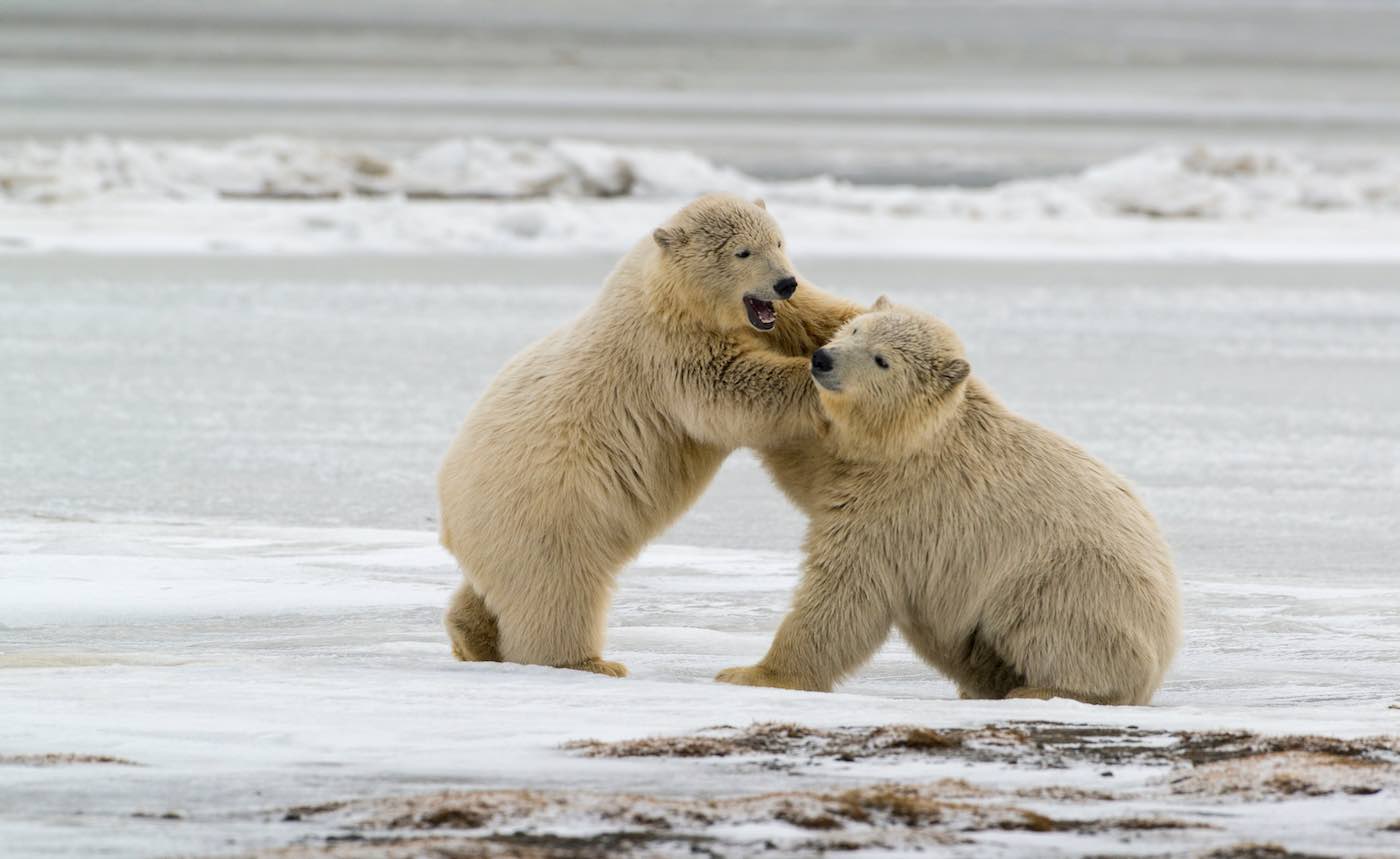ImpactAlpha, Jan. 5 – The Trump administration tomorrow will unseal bids for drilling rights on more than a million acres of pristine land in the Arctic National Wildlife Refuge. But developing Arctic oil fields is a costly proposition that will require financing. And a growing number of banks, including JPMorgan Chase, Citigroup, Bank of America and Goldman Sachs, have banned funding for Arctic drilling.
That’s just one of the ways the ground has shifted since the coastal plain was opened up as part of the 2017 the Tax Cuts and Jobs Act. COVID-induced shutdowns have cratered oil prices. Producers have written off tens of billions of dollars in assets and slashed spending. Solar and wind energy costs have plummeted. And the opening of the refuge has sparked fierce opposition from environmental groups and Alaskan Natives, creating reputational risk for would-be bidders.
“There is no reasonable business case for opening up new stretches to drilling,” the Sierra Club’s Ben Cushing told ImpactAlpha.
Risky business. The hastily arranged auction, taking place in the final weeks of the administration, fulfills a longtime goal of oil producers and their political allies. Larger forces are in play as well. A key banking regulator is seeking to forbid banks from refusing to lend to any sector, whether guns, private prisons or oil, in effect forcing them to lend to risky businesses.
The proposed ‘Fair Access to Financial Services’ rule is “an outrageous last-ditch attempt to obstruct progress to address climate change as a systemic financial risk,” wrote CERES’ Steven Rothstein in a letter to the Office of the Comptroller of the Currency. More than 4,000 public comments on the proposed rule were submitted by the OCC’s Jan. 4 deadline.
Lackluster demand. The Trump administration hoped to raise some $1 billion from the auction to help offset its tax cuts for corporations and the wealthy. That now looks like a pipe dream. The minimum bid per acre is set at $25. With little expected demand, Alaska’s economic development arm, the Alaska Industrial Development and Export Authority, may spend $20 million to secure leases and partner with drillers.











